5 Essential Tools For DevOps Adoption
Published on 23 Apr 2021

5 Essential Tools For DevOps Adoption
In the present world, DevOps has become a true technology trend that has empowered a lot of businesses with its presence. Multiple departments within the IT ecosystem are encouraged to work collaboratively for better organizational functioning, where timely delivery, detection of issues, as well as better deployment rates become the norm.
Every company serious about its operations has a DevOps adoption strategy in place today- a testimony enough to highlight how the ‘DevOps Way of Things’ has rightly paved the way for growth.
Upguard reports statistics that further cement DevOps as a must-have for organizations. Here are a few of them-
- 63% of companies get to launch new software more frequently.
- 63% of organizations feel a sure improvement in their software deployment quality.
Before moving ahead, let’s briefly look into what this term is all about.
A Brief About DevOps
As far as origins go, DevOps is the result of Agile software development, where quick deployments were the need of the hour. Over the years with Agile, DevOps provided a more comprehensive approach for software delivery lifecycle.
With DevOps, it became easier than ever to bring the development and operations teams together- teams that are essential to any IT firm, and this is the reason why businesses are increasingly adopting DevOps. Its implementation began swiftly, but several loopholes remained, keeping the trend from its full potential.
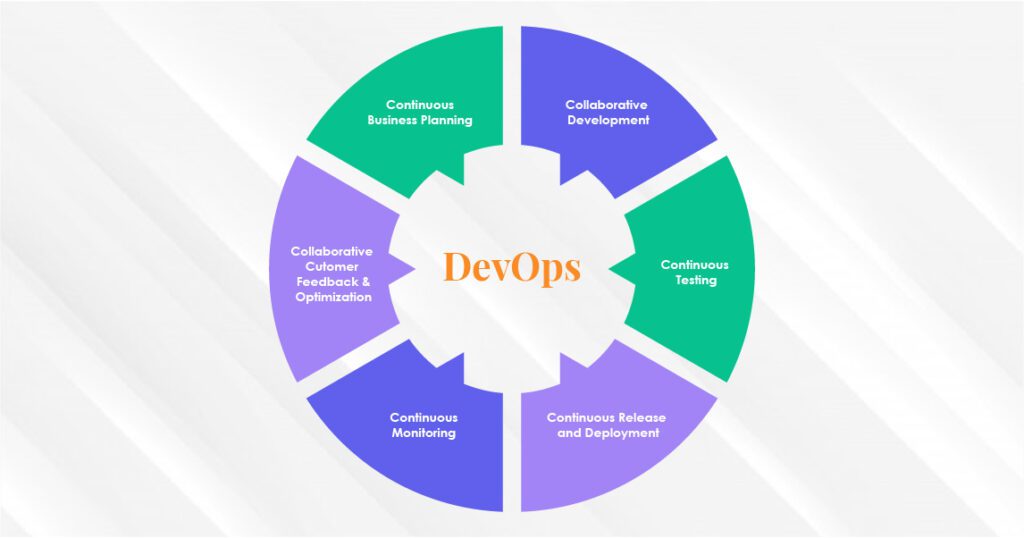
This is exactly where a DevOps adoption tool sorted things out, but given how vast the DevOps concept is, a single-tool-fits-all was never possible for a sound DevOps adoption. As a consequence, some tools fulfil specific DevOps requirements, one at a time.
The Right DevOps Tools in 2021
Software development is a highly technical process, which cannot be effectively executed if there are no right set of tools for it. Similarly, the right set of DevOps tools can bring in benefits that can take your organization to new heights.
There are a lot of places where these DevOps tools completely fit the bill- process automation, consistent deployment, and also reducing deployment time are some of those areas where they make not just their presence, but their utility felt too.
How Systango Can Help You?
- We provide technical consultancy to startups, enterprises, hedge funds, and banks on how to leverage the power of technology
- We offer an end-to-end development team for web and mobile development
- You can hire on-demand tech resources for your development need.
Now, because we will be discussing the five most essential tools, we have broken each one down into a category. It will further be assistive in providing the right understanding of each tool.
Mentioned below are 5 essential tools that definitely should be a part of your DevOps adoption strategy-
1- Ansible
Configuration Management
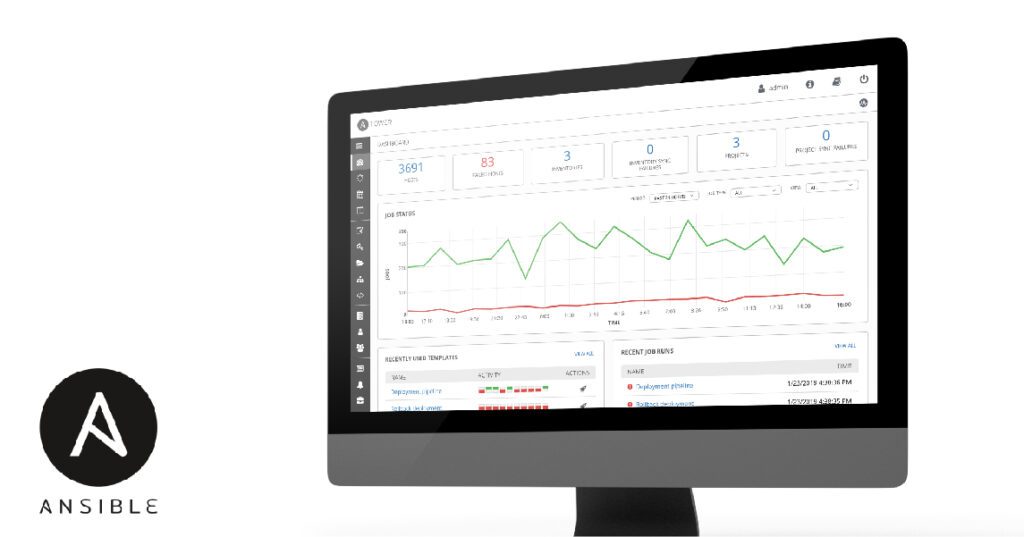
Configuration management occurs when the automation, monitoring, management, and designing of the various manual processes is done with the help of a configuration platform. In terms of changes, they happen throughout the servers, apps, storage, and other systems well.
With Ansible, things work along the same lines (well, they have to, right? It’s a configuration management tool after all). It’s a very simple automation engine with an equally simple architecture. It connects with different nodes and churns out small programs to these nodes, known as ‘Ansible modules’.
These modules are then executed, only to be removed after they have served their purpose. Long story short, Ansible eliminates all the repetitive and manual tasks so that the DevOps team becomes free to focus on more important tasks at hand.
Here are a few benefits that make it a very feasible DevOps adoption tool-
- Modular Nature- Ansible makes use of more than 750 modules for the automation, configuration, and deployment of infrastructure.
- Independent- It does not need any external software or agents on the servers to work. Python or SSH is enough to make it happen.
- Feature-Loaded- Ansible has a whole lot of features to make one of the best DevOps tools in 2021. From the networks to operating systems, the overall time gets dramatically cut down with Ansible.
- Highly Secure- The use of SSH and Python makes the operations of Ansible very secure and consistent.
- Low Latency- Ansible’s performance is, there’s no other way to put it, excellent. That makes latency a very rare occurrence with its use.
2- Jenkins
Continuous Integration
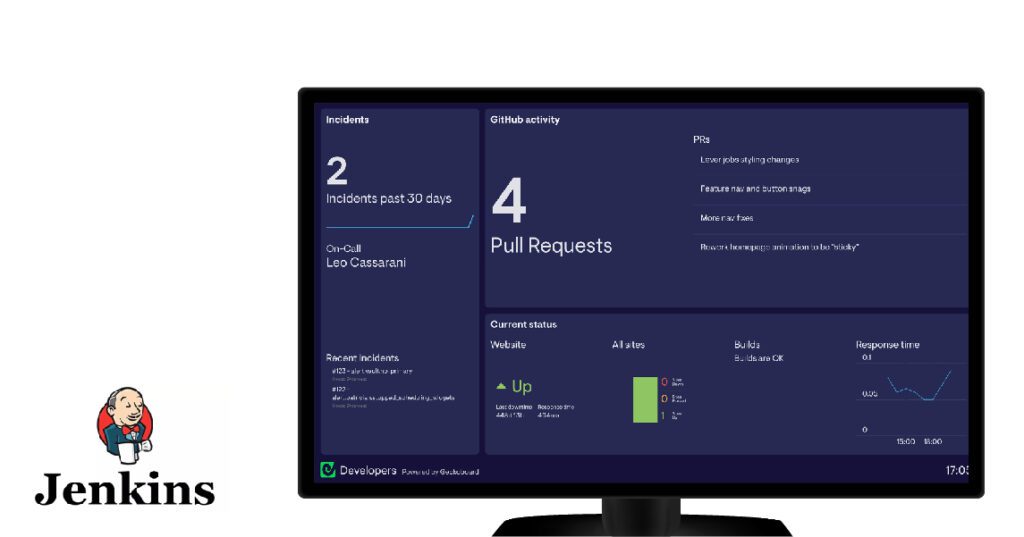
CI, or Continuous Integration as it is also known, is a highly crucial process that gets integrated into different DevOps stages. It’s a development practice that facilitates the integration of codes for developers several times within a shared repository. An automated build then verifies every check-in, which allows teams with early detection of issues.
This is where Jenkins comes to the fore. It’s an open-source tool compiled in Java, with multiple plug-ins to facilitate the above-mentioned continuous integration. This tool allows consistent building and testing, making it super-easy for developers to integrate any kind of changes whatsoever.
Software delivery becomes a constant process as a large number of testing and deployment technologies are at work with Jenkins. It brings many different phases of the software development life-cycle process together like-
- Building
- Testing
- Documentation
- Packaging
- Deployment
- Staging
Jenkins secures its CI with the assistance of plugins like the Maven 2 project, Amazon EC2, HTML publisher among others.
There are some big advantages in choosing Jenkins as your preferred DevOps tool-
- Jenkins is an open-source tool with a rich community to support all the updates.
- The installation process is super simple.
- The availability of more than 1000 plugins is a big advantage, as work becomes a breeze with so much help.
- It’s FREE!!
- Because it has been built on Java, there is a high amount of flexibility to shift it to other platforms as well.
3- SONARQUBE
Continuous Inspection
Continuous Inspection is a process through which a code is constantly scanned for any kind of problems or defects. For Agile and DevOps, this is a process that’s all the more important, as the usual inspection procedures are just not enough. The main goal of this is to improve the code quality to an extent where no aspect of the software development process gets affected.
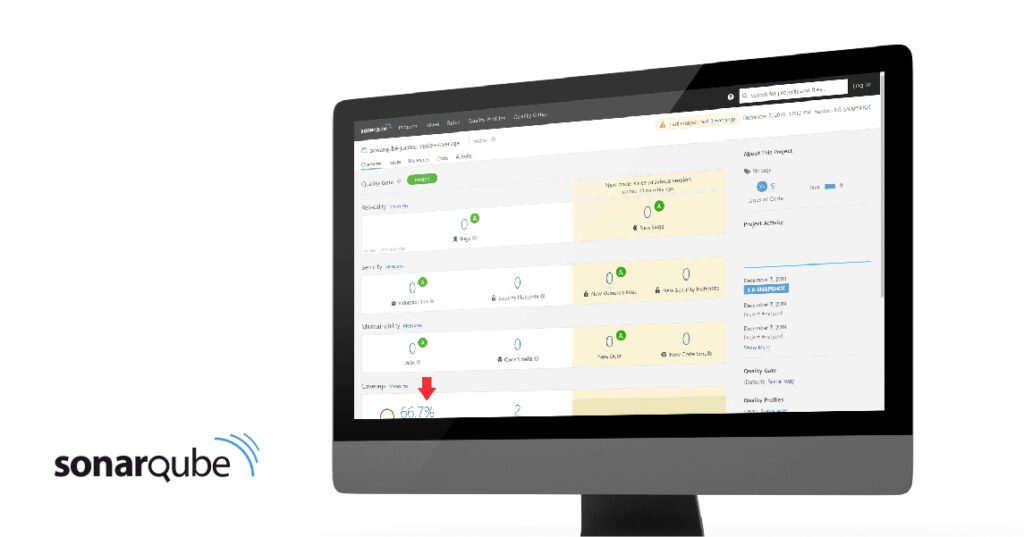
SonarQube is an open-source tool that facilitates the continuous inspection of code for an application, not just showing its health but also discovering the new issues that keep creeping up. All this is done through different reports about coding standards, code soundness, comments, bugs, and duplicate codes to name a few. Completely automated analysis is the next step that is made possible with seamless integration with tools like Gradle, Ant, Maven, Jenkins, and more.
Here are some advantages of using SonarQube for your code inspection-
- The tool provides a sustainable approach as different complexities and code duplications are eliminated. Better app life is the ultimate consequence.
- The maintenance costs come in control, as less time is spent on repetitive changes within the code, boosting productivity.
- Through its automation capabilities, SonarQube easily finds out if coding guidelines have been breached so that the code quality stays up to the mark.
- Business scaling becomes easy, there’s no fixed number of projects that can be taken up.
4- DOCKER
Containerization
Essentially, containerization is a form of the virtual operating system, where apps are run in isolated spaces known as containers, with a common operating system among all these containers. As to what exactly a container is, it’s a highly sophisticated and flexible computing environment.
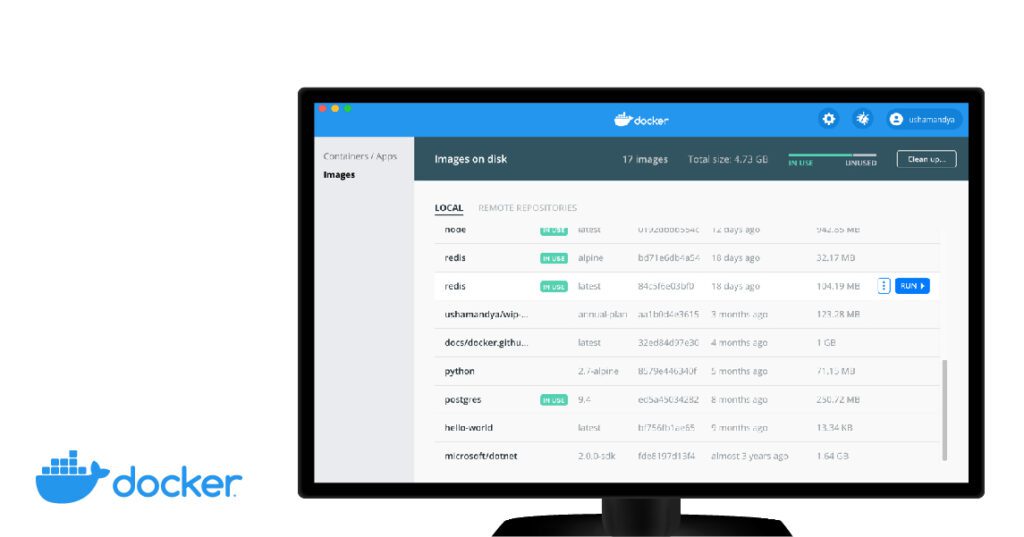
An open platform, Docker is one of the best tools for developing, running, and deploying applications. This tool separates the infrastructure from the app, allowing dramatically quicker deliveries of software. Docker methodologies are simple yet exemplary, allowing reduced times between shipping and deploying the final code to production.
Docker brings the following advantages with it-
- The isolated environment brings a lot of efficiencies, as the app does not depend on the external ecosystem due to containerization.
- Because Docker reduces the final deployment time to just seconds, there is a dramatic reduction in costs because of enhanced efficiency and lack of clutter.
- Docker makes deployment a very portable, scalable, and mobile process. The containers are not pulled down due to varying ecosystems, and this is a big deal!
- At times, it happens that there’s the need for an urgent upgrade at the time of release. Docker allows making changes right in those specific containers, run tests, and then roll out the upgraded containers.
5- AMAZON WEB SERVICES
Virtualization
The principle around virtualization is pretty simple- it’s the use of software to create a simulated environment, allowing computer hardware to get divided into numerous virtual computers, with the memory, processors, and more, to be known as virtual machines. Virtualization makes hardware more efficient and allows for better returns on an organization’s hardware investment.
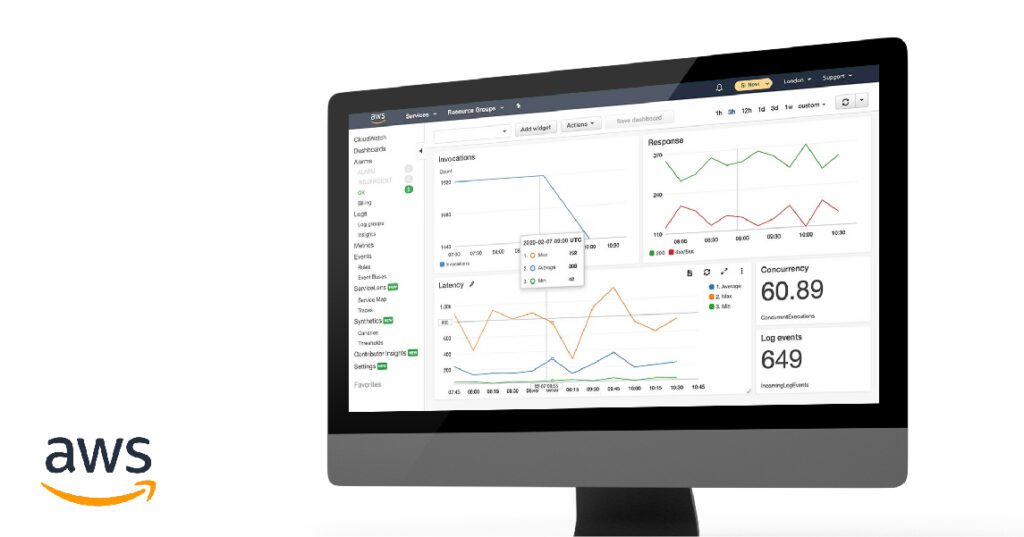
Amazon Web Services EC2 is a well-known service set from Amazon, where businesses are offered the capability to run multiple applications on a shared, public cloud. The tool also brings about the creation of apps that are proficient to scale as per changing business needs, making the deployment of virtual servers a hassle-free process.
As a result, the development process becomes bliss and companies need to make a lesser investment for their hardware systems too.
Some benefits that AWS EC2 brings to the table are-
- Flexible load-handling capability delegates the app traffic through multiple instances, identifying the bad ones and diverting them to the better ones till they become better.
- Compared to the other tools, EC2 brings a dramatic reduction in server booting time.
- With EC2, there’s complete control on the servers, making it convenient for a user to keep it all close to the chest.
- There’s no point to worry about security, as AWS EC2 keeps everything super-secure and tight.
Also read: How the Top DevOps Market Trends 2021 will Help your Business?
Make It Big With The Best DevOps Consulting Company
At Systango, our seasoned team of DevOps experts has a clear idea about the tools that have the potential to work wonders for your business. With a deep understanding of DevOps, Systango makes it possible to achieve up to 50% savings by implementing the best practices of deployment and monitoring the security.
Why wait then? Connect with the best DevOps service providers in London today!
How Systango Can Help You?
- We provide technical consultancy to startups, enterprises, hedge funds, and banks on how to leverage the power of technology
- We offer an end-to-end development team for web and mobile development
- You can hire on-demand tech resources for your development need.
Here’s how we at Systango helped our clients make the best use of their DevOps adoption strategy-
Waitlist needed technical expertise to convert an MVP to a full-blown SAAS Queue Management Web App and also revamp their Android and iOS apps.
How Systango Pulled It Off
They came to us in the year 2012 and since then, Systango has been taking care of their Google Cloud ecosystem, web platform, iOS app, and other external integrations.
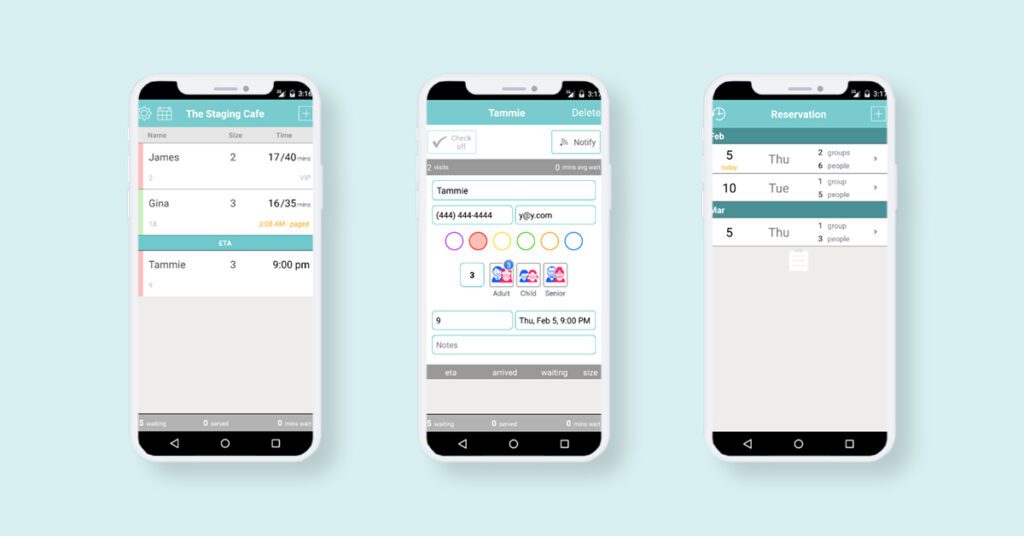
Such a long association has been fruitful to both, as Systango is now tightly intertwined with Waitlist and its values.
Grindr is one of the largest social media platforms in the world and trusts Systango for its DevOps requirements. To enhance the progress of their app, they needed better performance for their app functionalities and UX.

Systango-
- recreated their chat integration system.
- worked on chat screens that made use of MongooseIM.
- performed end-to-end testing for both iOS and Android for meeting their requirements.
At Systango, we have successfully incorporated Ansible as configuration management and Jenkins as Continuous integration in the respective steps of DevOps. We use Amazon Web Services (AWS) as a virtualization tool for cloud computing and launching virtual servers. Pick Systango as your DevOps service provider and arm your team with the right tools for performing the tasks efficiently.
Related posts
DevOps
What is CI/CD- Continuous Integration and Continuous Deployment Explained
15 Jun 2021
DevOps
5 Companies That Are Nailing It With DevOps
09 Jun 2021
Let’s talk, no strings attached.
